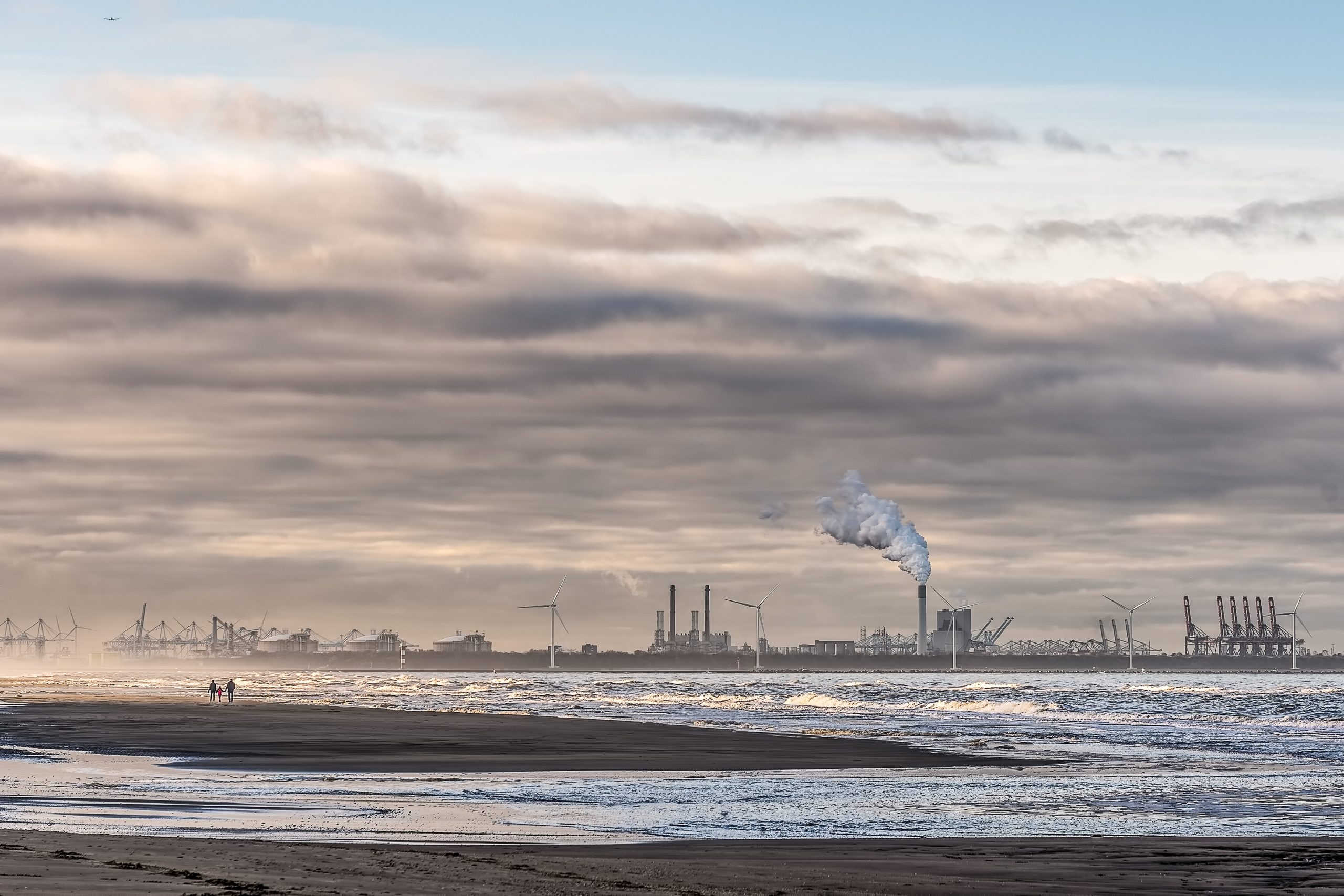

According to a study released that used declassified military data for the first time, Polynesians who were exposed to radioactive particles from French Polynesia Nuke Tests in the South Pacific had a marginally higher chance of acquiring thyroid cancer.
Between 1966 and 1975, France conducted 41 atmospheric nuclear bomb tests in French Polynesia, exposing locals to the fallout and causing a long-lasting rift between Paris and the people of the Pacific archipelago.
Using risk modeling, the study, which was published in the journal JAMA Network Open, hypothesized that between 0.6 and 7.7 percent of thyroid cancers in French Polynesia were related to nuclear tests.
“This is the proportion of thyroid cancer attributable to the tests among all the cases of thyroid cancer that have or will develop in the people present at the time of the tests, in all islands combined,” the study’s lead author Florent de Vathaire told AFP.
The impact of the French Polynesia Nuke Tests were “weak but not at all non-existent,” said de Vathaire, a radiation expert at France’s INSERM medical research institute.
The study compared 395 persons diagnosed with thyroid cancer in French Polynesia between 1984 and 2016 to 555 people in the general population.
It was an update to prior research released by the same team in 2010.
“This is the first study that uses confidential army reports declassified in 2013,” de Vathaire said.
The researchers reconstructed the radioactive cloud formed by each nuclear test using documents, meteorological data, and interviews with cancer patients, and assessed the dose of radiation received in each participant’s thyroid.
Each person received roughly five milligrays of radiation, a standard unit of radiation absorption.
According to INSERM, the scientists discovered “no significant association” between the radiation exposure and the risk of thyroid cancer.
However, the association was deemed substantial if the analysis only included aggressive cancer that required treatment.
France moved its nuclear testing underground in 1975, but blasts in the Pacific continued until 1996. France conducted around 200 experiments over a three-decade period.
During a visit to the capital Papeete in 2021, French President Emmanuel Macron admitted that France owed Polynesians a “debt” for the nuclear testing, pushing for the release of classified military secrets.
more recommended stories
 Red Blood Cells Improve Glucose Tolerance Under Hypoxia
Red Blood Cells Improve Glucose Tolerance Under HypoxiaKey Takeaways for Clinicians Chronic hypoxia.
 Nanoplastics in Brain Tissue and Neurological Risk
Nanoplastics in Brain Tissue and Neurological RiskKey Takeaways for HCPs Nanoplastics are.
 AI Predicts Chronic GVHD Risk After Stem Cell Transplant
AI Predicts Chronic GVHD Risk After Stem Cell TransplantKey Takeaways A new AI-driven tool,.
 Red Meat Consumption Linked to Higher Diabetes Odds
Red Meat Consumption Linked to Higher Diabetes OddsKey Takeaways Higher intake of total,.
 Pediatric Crohn’s Disease Microbial Signature Identified
Pediatric Crohn’s Disease Microbial Signature IdentifiedKey Points at a Glance NYU.
 Nanovaccine Design Boosts Immune Attack on HPV Tumors
Nanovaccine Design Boosts Immune Attack on HPV TumorsKey Highlights Reconfiguring peptide orientation significantly.
 High-Fat Diets Cause Damage to Metabolic Health
High-Fat Diets Cause Damage to Metabolic HealthKey Points Takeaways High-fat and ketogenic.
 Acute Ischemic Stroke: New Evidence for Neuroprotection
Acute Ischemic Stroke: New Evidence for NeuroprotectionKey Highlights A Phase III clinical.
 Statins Rarely Cause Side Effects, Large Trials Show
Statins Rarely Cause Side Effects, Large Trials ShowKey Points at a Glance Large.
 Anxiety Reduction and Emotional Support on Social Media
Anxiety Reduction and Emotional Support on Social MediaKey Summary Anxiety commonly begins in.

Leave a Comment